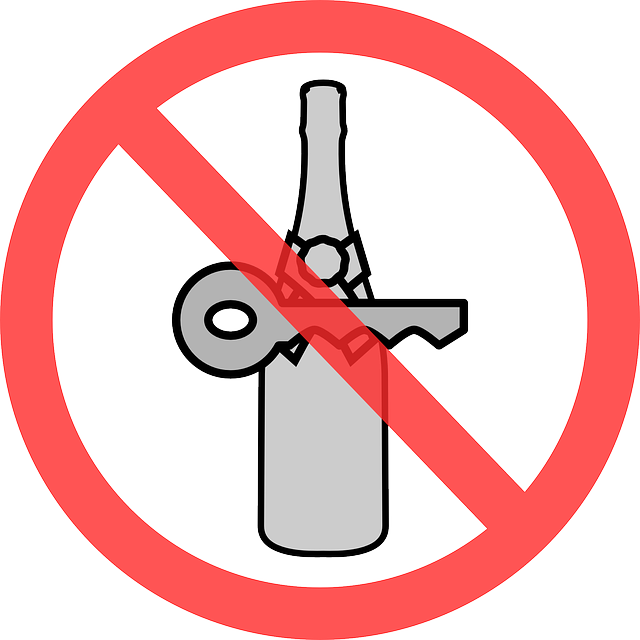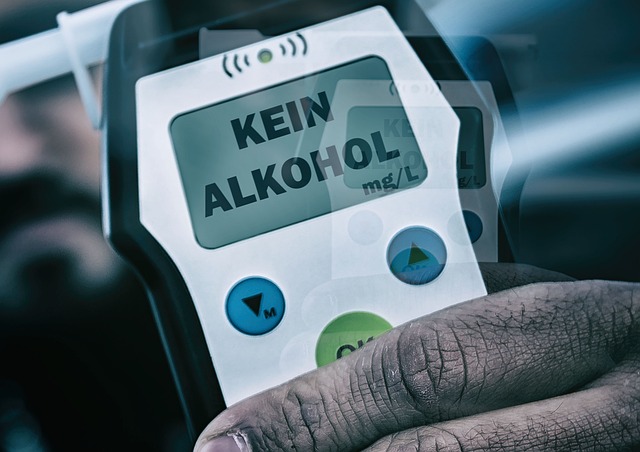Pedestrians involved in DUI incidents often suffer secondary harm and face long-term challenges due to traditional sentencing that focuses primarily on drivers. This text advocates for reform through alternative approaches prioritizing accountability and addressing pedestrian survivors' unique needs, including community service, victim impact panels, and rehabilitation programs. These strategies aim to restore safety and well-being in affected communities while upholding pedestrians' rights, employing a just and restorative justice framework. Alternative sentencing options like community service and victim compensation offer a more holistic approach, supporting healing, emphasizing safe driving, and potentially reducing recidivism. Diversion programs focus on rehabilitation by engaging offenders in community service, education, and counseling, fostering accountability and enhancing road safety, particularly by prioritizing Pedestrians Rights in DUI Incidents.
In many jurisdictions, Driving Under the Influence (DUI) convictions carry severe penalties, often impacting not just the offender but also pedestrians’ rights. Traditional sentencing may include heavy fines and jail time, raising questions about its effectiveness in promoting justice and enhancing pedestrian safety. This article explores alternative sentencing options for DUI cases, focusing on community service, victim compensation, and diversion programs. By considering these approaches, we can redirect the focus from punishment to rehabilitation, potentially reducing recidivism and better protecting pedestrians’ rights.
- Understanding Traditional DUI Sentencing and its Impact on Pedestrians Rights
- Exploring Alternative Sentencing Options: Community Service and Victim Compensation
- Diversion Programs: Redirecting Focus from Punishment to Rehabilitation
- How Alternative Sentences Can Enhance Justice and Protect Pedestrian Safety
Understanding Traditional DUI Sentencing and its Impact on Pedestrians Rights

Traditional DUI sentencing often involves harsh penalties, including jail time, fines, and license suspension. These punishments can significantly impact an individual’s life, particularly those who are not behind the wheel but are affected by the incident. Pedestrians rights in DUI (Driving Under the Influence) incidents deserve equal consideration. When a pedestrian is harmed due to a driver under the influence, conventional sentencing might not fully address the harm caused. This is where alternative sentencing options come into play, offering more tailored and restorative approaches that consider not just the offender’s consequences but also the well-being of those affected by their actions—including pedestrians who may have suffered injuries or lost loved ones.
Understanding traditional sentencing’s effects on pedestrians’ rights highlights the need for reform. The current system often leaves survivors and communities with lasting challenges, such as increased financial burdens due to medical expenses and a sense of insecurity in public spaces. By exploring alternative options, like community service, victim impact panels, or rehabilitation programs, the focus shifts towards accountability, healing, and ensuring pedestrians’ rights are upheld, promoting safer streets for everyone.
Exploring Alternative Sentencing Options: Community Service and Victim Compensation

Alternative sentencing options for DUI (Driving Under the Influence) cases offer a more nuanced approach to justice, focusing on rehabilitation and accountability. Among these alternatives, community service and victim compensation stand out as effective ways to address the impact of DUI incidents. Community service allows individuals convicted of DUI to give back to their communities by engaging in activities such as cleaning public spaces or assisting at local organizations. This not only serves as a form of punishment but also empowers offenders to contribute positively to society, fostering a sense of responsibility and remorse.
Furthermore, victim compensation programs play a crucial role in recognizing the rights of pedestrians injured in DUI incidents. These programs provide financial assistance to victims, helping them cover medical expenses and other related costs. By offering such support, communities acknowledge the harm caused by impaired driving and ensure that victims receive the help they need to recover. This approach not only promotes healing but also reinforces the importance of safe and responsible driving, ultimately contributing to the prevention of future DUI offenses.
Diversion Programs: Redirecting Focus from Punishment to Rehabilitation

Diversion programs offer an innovative approach to handling DUI (Driving Under the Influence) cases, shifting the focus from punishment to rehabilitation. These programs aim to help offenders understand the impact of their actions and encourage them to make positive changes in their lives. By redirecting energy towards personal growth and accountability, diversion initiatives allow participants to address the underlying issues that led to the DUI incident.
One key aspect is community service, where individuals can contribute to local causes, such as pedestrian safety initiatives or substance abuse prevention programs. This not only helps restore balance within affected communities but also empowers offenders to take responsibility for their actions. Additionally, education and counseling sessions play a pivotal role in raising awareness about the dangers of impaired driving and offering support for long-term behavior modification. Such programs ultimately promote safer roads by rehabilitating offenders and prioritizing pedestrians’ rights in DUI incidents.
How Alternative Sentences Can Enhance Justice and Protect Pedestrian Safety

Alternative sentencing options for DUI (Driving Under the Influence) cases can significantly enhance justice and protect pedestrians’ rights and safety. By offering alternatives to traditional incarceration, such as community service or electronic monitoring, individuals convicted of DUI can contribute to their communities while ensuring they remain accountable for their actions. These sentences allow for a more balanced approach, focusing on both punishment and rehabilitation, without compromising pedestrian safety.
In many cases, conventional prison terms may not effectively deter future DUI incidents or rehabilitate offenders. Alternative sentences, however, can include education programs that raise awareness about the impact of drunk driving on pedestrians and communities. By engaging in these programs, offenders gain a deeper understanding of the consequences of their actions, fostering a sense of responsibility and potentially reducing repeat offenses. Additionally, community service projects targeting pedestrian safety initiatives can empower individuals to make positive changes in their neighborhoods, ensuring that their rehabilitation contributes directly to protecting vulnerable pedestrians.
In addressing DUI incidents, shifting from traditional sentencing to alternative options like community service, victim compensation, and diversion programs can significantly enhance justice while prioritizing pedestrians’ rights. These approaches foster rehabilitation, reduce recidivism, and promote safer communities by keeping at-risk individuals accountable without unduly punishing them. By implementing these alternatives, the criminal justice system can better protect pedestrian safety and ensure fairness for all affected parties.






